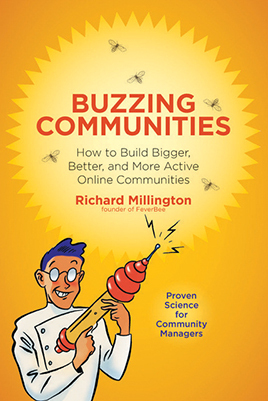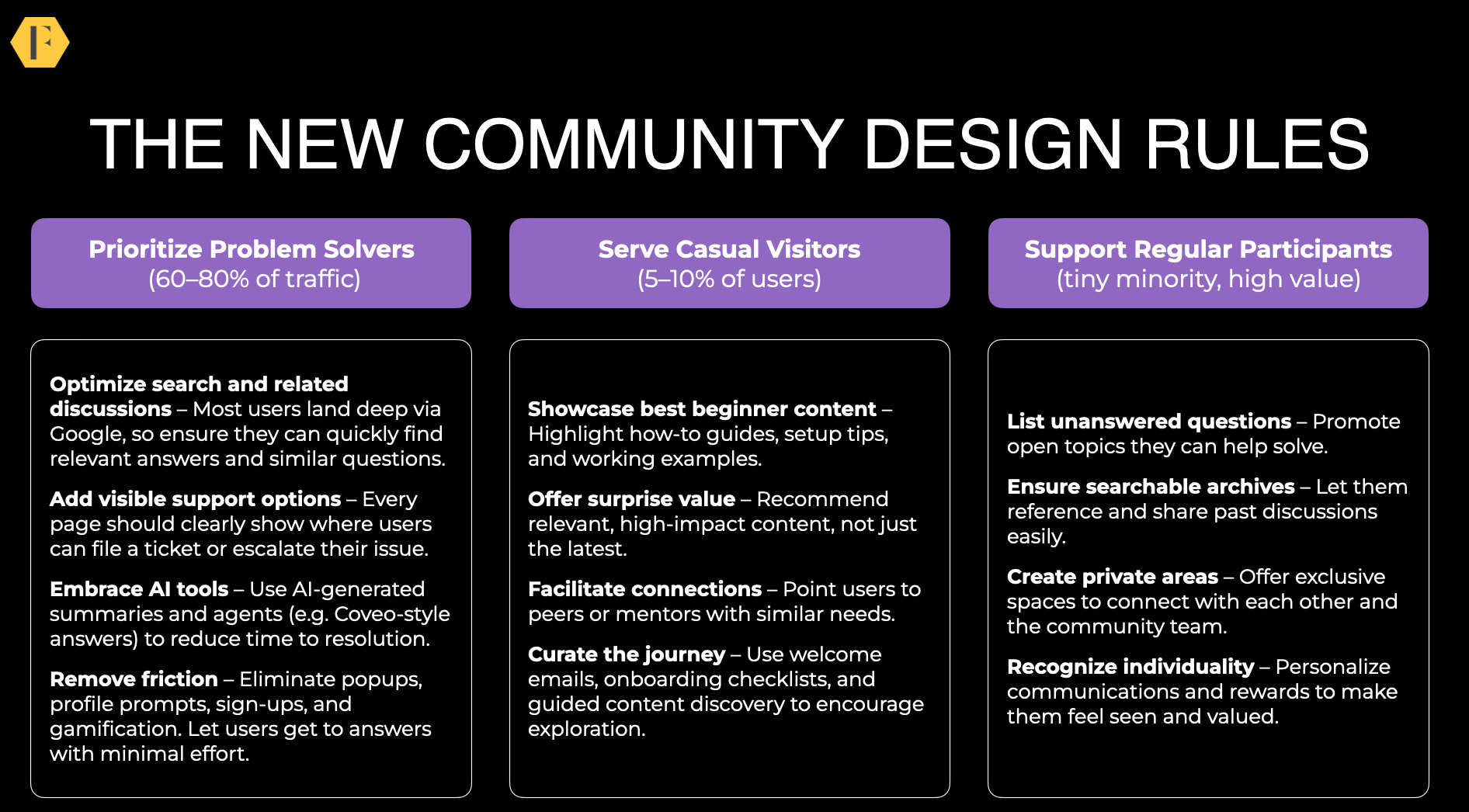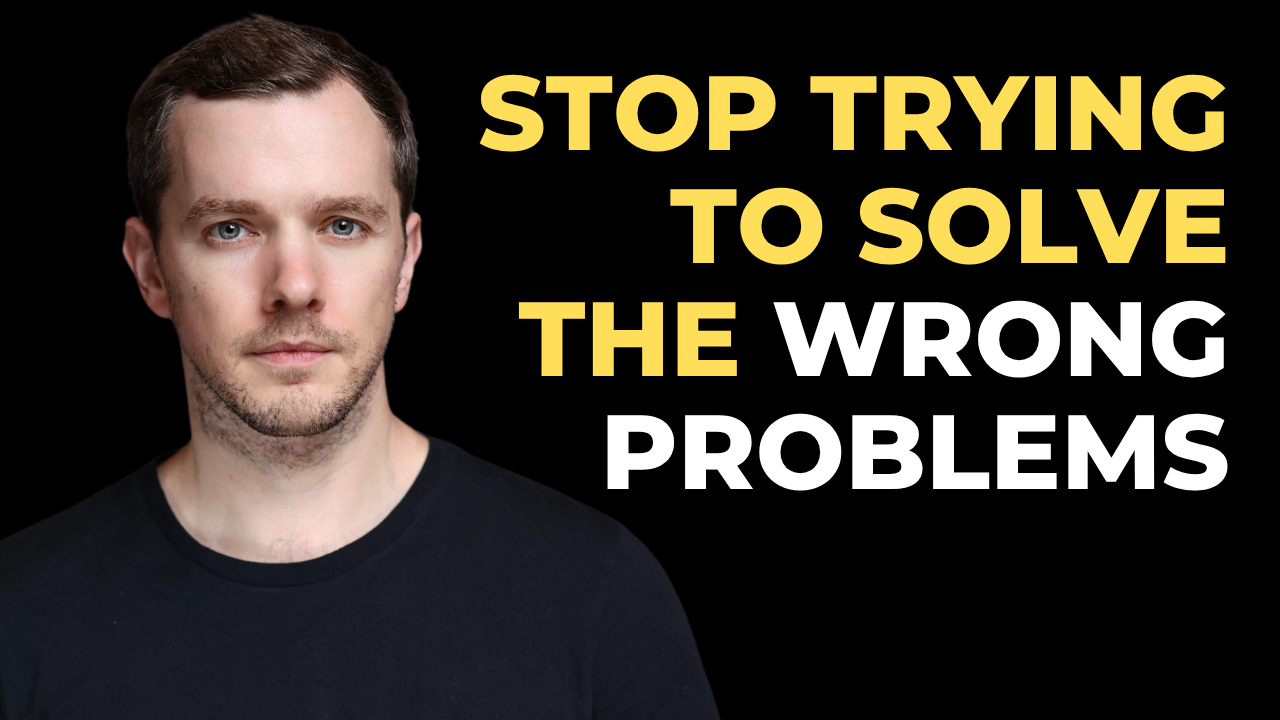Belk explains the problem with trying to build a community when a profit-motive is involved.
Specifically, he distinguishes between sharing (which facilitates community) and pseudo-sharing (which doesn't).
In Couchsurfing, studies show a high sense of community between host and visitor. No money is exchanged. Hosts let guests stay for free. Friendships form. Many hosts go far beyond expected norms to help their guests.
In ZipCar, studies show limited sense of community. Money is exchanged. There's no communal ownership.
When there is a profit-motive to sharing (a good, knowledge, access), people are less likely to bond and feel a connection with one another. They might share an equal amount, but they don't feel the same bond with others through doing it. They place it in their financial transaction mental bucket.
We still have positive interactions with those we buy from/sell to. I bought from sellers at Portobello Market for years in Notting Hill. We spoke several days a week. But we never went for coffee (or beyond the buyer/seller environment).
This presents problems for sites that try to build a sense of community that includes both buyer/seller. Too often, we typically see the interaction as an extended form of transaction.
It may be possible to indoctrinate newcomers to the idea of joining a community upon registration, but that would distract from the immediate goal of guiding the member to buy.
This doesn't mean you can't build a sense of community solely among the hosts or solely among the visitors. But it's very hard to build a community between the two of them.





